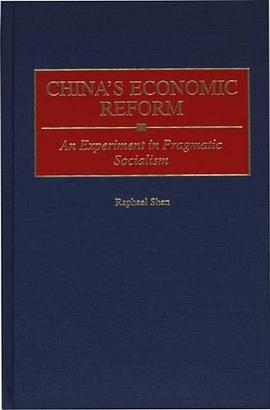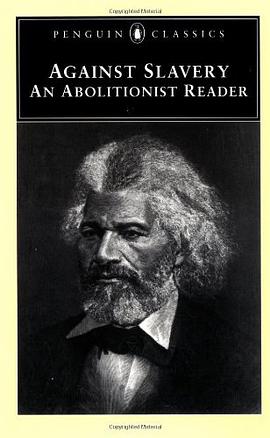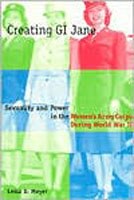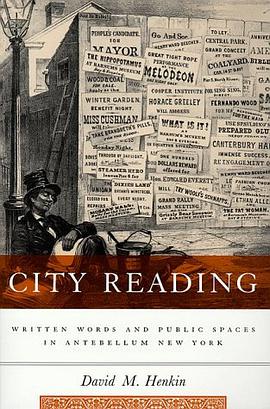

具体描述
Both Mao Zedong and Deng Xiaoping drastically altered the course of contemporary China's economic development using opposing strategies. Mao froze China's economic system in a perennial state of consumer goods shortages and pervasive macro disequilibria. Deng, however, began thawing a rigidly structured system by introducing experimental reform measures. Mao's revolutionary rhetoric brought China's economy to the brink of bankruptcy. Deng's ideological pragmatism netted China glowing successes. Mao closed China to the outside world. Deng engineered China's reintegration into the world economy. Dismantling a dysfunctional system and replacing it with a dynamic new one involving 1.2 billion people is risk-laden. Reform in China began in 1978. It was tentative and experimental, confining reform to organizational and administrative decentralization on farms. Successes on farms ushered in reform elsewhere in the economy. Over time, market-based coordinating mechanisms progressively began replacing the systeM's control devices. Results from decentralization internally reinforced those from liberalization externally. This consequently transformed China's stale, distorted system into a more competitive, bustling new one ready for developmental takeoff. Its meteoric rise among the world's leading markets in recent years has thrust China's economy to the forefront of growth and development. Controlled, phased reform is yielding dividends, not only for its own consumers but for international economic cooperation and growth as well.
作者简介
目录信息
读后感
评分
评分
评分
评分
用户评价
相关图书
本站所有内容均为互联网搜索引擎提供的公开搜索信息,本站不存储任何数据与内容,任何内容与数据均与本站无关,如有需要请联系相关搜索引擎包括但不限于百度,google,bing,sogou 等
© 2026 book.wenda123.org All Rights Reserved. 图书目录大全 版权所有




















